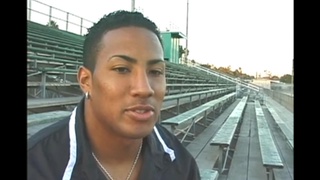Interviews
Hapa Haole
Interestingly enough, it was more confusing in Hawai'i. In Hawai'i I think they're more judgmental, actually. I think it’s because there's so many different cultures there: there's the Japanese, the Koreans, the Filipinos, the Hawai'ians, the whites. I remember when I first moved there, we went in my high school years, that the Japanese girls in the school, they were the most popular girls. They were the cheerleaders and the homecoming queen, and the president of this and president of that. They didn't accept me as Japanese. They said “No, you're not Japanese.” When I came to school, I was considered the hapa haole, and the white they, the Caucasians more accepted me. But the pure Japanese girls did not accept me. I remember being really sad and telling my mom and she just said, “Well, just try to act more Japanese.” (Laughs) I said, “How do I act more Japanese?” “Well you're too loud and too outspoken, and maybe you shouldn't do musical theater”… But I just dealt with it. It’s not like they bullied me, they just didn't make me feel like a part of them and I experienced that the whole time I was there.
Date: April 4, 2013
Location: California, US
Interviewer: Patricia Wakida
Contributed by: Watase Media Arts Center, Japanese American National Museum





